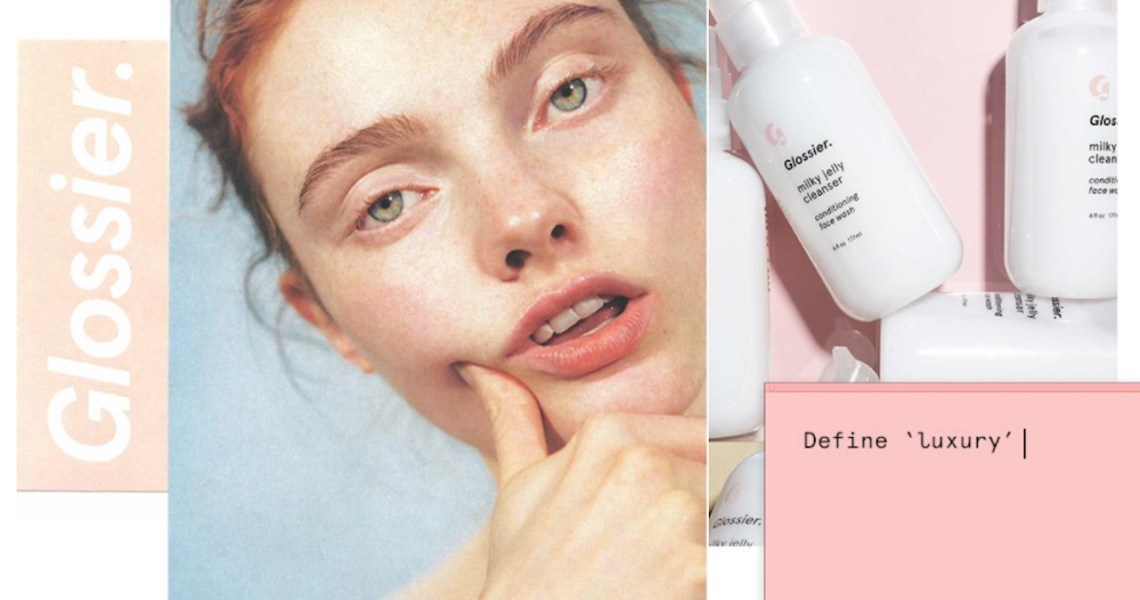In 2019, Glossier achieved milestones that opened it up for either an acquisition or an IPO in 2020.
The brand earned $100 million in sales in 2018 and launched a makeup sub-brand Glossier Play in March 2019, and it now has an international presence in seven countries including Canada, the U.K. and France. But in order to fuel further growth, the company likely needs the helping hand of a larger company or additional investment from the public market. Glossier has raised $186 million in venture capital to date and is valued at $1.2 billion.
“With that level of VC investment, my prediction is that they are going to launch a lot of new products next year, with the intent of going toward an IPO,” said Kelley Mitchell Price, advertising agency T3 vp of experience design.
The amount of time it takes for a company to exit depends on the type of industry it is in. According to investment data company Crunchbase, e-commerce companies take an average of five years to exit. Within indie beauty most companies have opted for acquisition by strategic investors, and 2019 was no exception.
Emily Weiss, Glossier founder and CEO, has indicated an interest in taking the brand public. However, at $100 million in annual sales (as of 2018), the size of Glossier pales in comparison to other public beauty companies like L’Oréal, Coty and Estée Lauder Companies which have dozens of brands (and all do at least $9 billion in annual sales.). E.l.f, the only public mono-beauty brand has gone through a fair share of ups-and-downs in the market.
“A number of direct-to-consumer startups over the years have gone public, and when their numbers are validated by SEC filings, they’re often much smaller than they have purported to be,” said Sucharita Kodali, Forrester Research analyst. “Typically, when they stay private for as long as Glossier has, that usually means they’re entering into what is known in the VC world as ‘zombie startup territory’ — they’re not growing as much as they were and as much as they would have if they could have gone public or found a buyer.”
An IPO is based on investors who will buy a company’s stock, but that is contingent on economic mood as well as the mercurial stock market appetite. In today’s market, a path to profitability is key, which is why certain companies like WeWork and Uber have wilted under public market scrutiny. Glossier has not clarified if the company is profitable and declined to reveal any financial information.
Ad position: web_incontent_pos1
If the brand is indeed looking for an exit and views the public market as uncertain, then an acquisition by a strategic investor would make sense. At its current valuation of $1.2 billion, Glossier may be perceived as asking for too high of a price. Drunk Elephant was acquired for $850 million after a $1 billion valuation, and Kylie Cosmetics sold a 51% stake for $600 million (at a $1.2 billion valuation). The only other billion-dollar exit in 2019 was for Harry’s Inc., but that is an outlier due to its large, vertically integrated business. The founders plan to work at Edgewell to innovate the rest of its portfolio.
“Glossier is a smart brand with smart people and the products are selling well, but is the valuation real? I don’t know,” said Mitchell Price. “Can you buy that valuation with just good marketing and private funding?”
Glossier has indicated that there is more up its sleeve. Weiss revealed to Bloomberg in August 2018 plans for what she called “Phase Two,” consisting of the release of a social media and shopping mashup. But Instagram got there first with the debut of the in-app shopping feature in March 2019. Glossier’s biggest social following is on Instagram, at 2.5 million followers. According to a Glossier spokesperson, the brand will be sharing more about its “technology roadmap” in 2020.
Whether Glossier’s ambitions will surmount to something more significant is something that only time will tell.
“If I were them, I would try to get acquired pretty quickly, because with startups, that clock is ticking,” said Kodali. “Otherwise they risk becoming old news, and their sales may even decline.”




